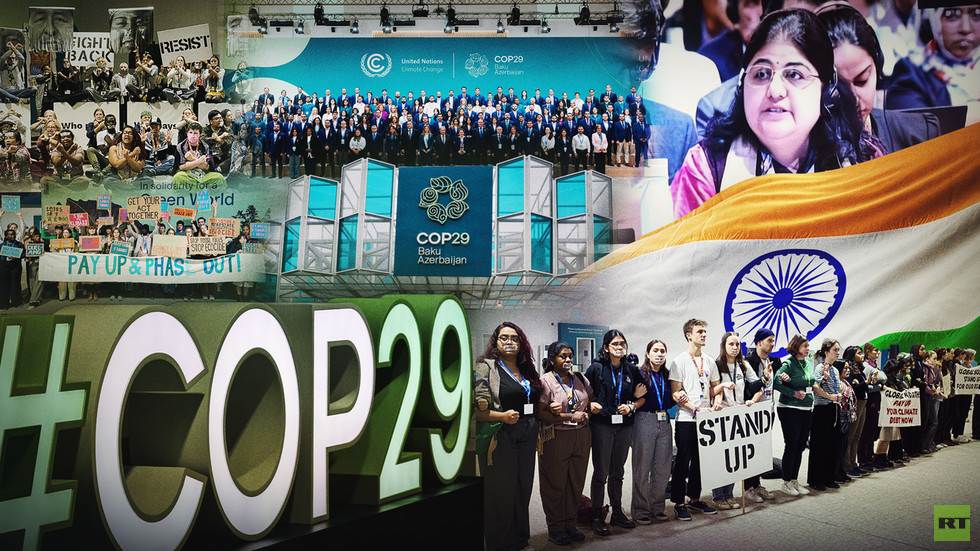Introduction
As the impacts of climate change intensify, nations in the Global South are increasingly vocal about perceived financial neglect by Western countries. This growing frustration stems from unmet financial commitments, inadequate support for adaptation and mitigation efforts, and a sense of injustice regarding the disproportionate effects of climate change on developing nations. This article delves into the roots of this disparity, examines the implications for global climate policy, and explores the calls for accountability and equitable action.
Historical Context of Climate Finance Commitments
In 2009, during the Copenhagen Accord, developed nations pledged to mobilize $100 billion annually by 2020 to assist developing countries in addressing climate change. This commitment was reaffirmed in the Paris Agreement of 2015, emphasizing the need for balanced support between mitigation and adaptation efforts. However, reports indicate that this target was not met until 2022, two years past the initial deadline, with developed countries providing and mobilizing $115.9 billion in climate finance for developing countries in 2022, exceeding the annual $100 billion goal for the first time. [Source]
Disparities in Climate Finance Allocation
Despite reaching the $100 billion goal, significant disparities persist in the allocation and distribution of climate finance:
- Adaptation vs. Mitigation: A substantial portion of climate finance has been directed toward mitigation projects, such as renewable energy initiatives, while adaptation efforts—crucial for countries facing immediate climate impacts—have received less attention and funding.
- Geographical Imbalance: Funding has often been concentrated in specific regions, leaving many vulnerable nations without adequate resources to implement necessary climate resilience measures.
- Loan-Based Financing: A considerable share of the provided finance comes in the form of loans rather than grants, exacerbating the debt burdens of developing countries and limiting their capacity to invest in sustainable development.
Voices from the Global South
Leaders and representatives from the Global South have expressed their dissatisfaction with the current state of climate finance:
- Calls for Increased Support: Developing nations have emphasized the need for enhanced financial assistance to cope with the escalating impacts of climate change, advocating for a new collective quantified goal that reflects the actual needs and priorities of vulnerable countries.
- Demand for Accountability: There is a growing insistence on holding developed countries accountable for their historical emissions and ensuring they fulfill their financial commitments in a transparent and timely manner.
- Equity and Justice: The discourse highlights the importance of addressing climate change through a lens of equity and justice, recognizing the disproportionate burden borne by countries that have contributed least to global emissions.
Implications for Global Climate Policy
The frustration of the Global South has significant implications for international climate negotiations and policy development:
- Trust Deficit: The perceived neglect by Western countries undermines trust between developed and developing nations, potentially hindering collaborative efforts to combat climate change.
- Negotiation Stalemates: Disparities in financial commitments and support can lead to deadlocks in international forums, delaying the implementation of effective climate action plans.
- Shift in Alliances: Developing countries may seek new alliances and partnerships to advance their climate agendas, potentially reshaping the dynamics of global climate governance.
Pathways to Equitable Climate Action
Addressing the concerns of the Global South requires concerted efforts from the international community:
- Fulfilling Financial Commitments: Developed nations must honor their pledges and work towards establishing a new, more ambitious climate finance goal that aligns with the needs of developing countries.
- Enhancing Transparency: Implementing robust monitoring and reportingSee more The Buzz Live

